Britons without a bank account face ‘poverty premium’
1.23 million unbanked individuals pay £485 extra a year for everyday bills and services
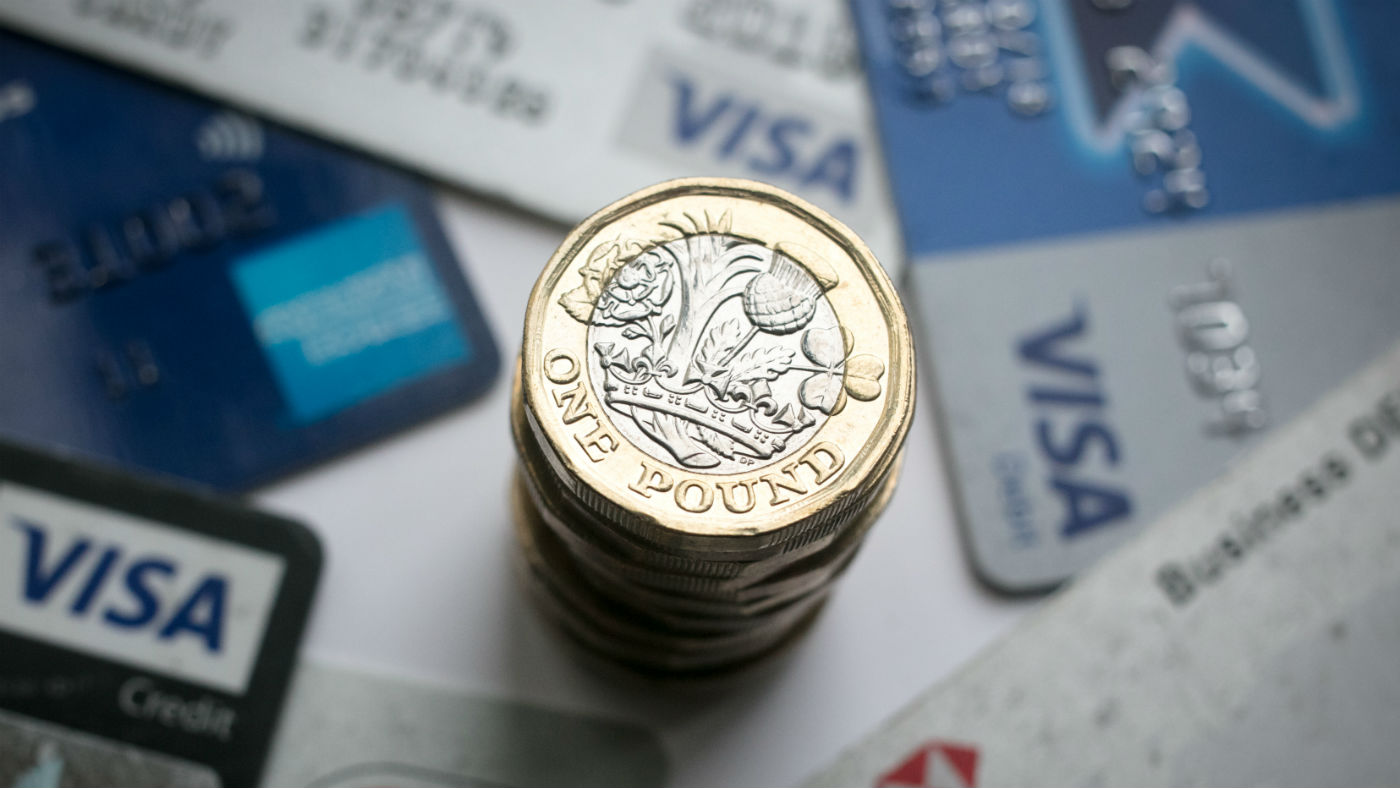
A free daily email with the biggest news stories of the day – and the best features from TheWeek.com
You are now subscribed
Your newsletter sign-up was successful
Over a million Britons who do not have a bank account are paying an extra £485 a year on average for everyday bills and services, a report has revealed.
Digital current account provider Pockit found around 1.23 million so-called unbanked individuals are missing out on preferential deals and discounts on utility bills, mobile phone contracts, broadband and personal loans.
Analysing prices from leading service providers indicated that energy and broadband providers and mobile phone companies offer discounts to customers if they pay by direct debit - a saving which is not available to those without a bank account.
The Week
Escape your echo chamber. Get the facts behind the news, plus analysis from multiple perspectives.

Sign up for The Week's Free Newsletters
From our morning news briefing to a weekly Good News Newsletter, get the best of The Week delivered directly to your inbox.
From our morning news briefing to a weekly Good News Newsletter, get the best of The Week delivered directly to your inbox.
In addition, those without accounts have limited options when looking for credit, and often turn to expensive cash-in-hand “doorstep loans”.
With electricity and gas, analysis of energy regulator Ofgem data found those using pre-payment meters paid on average £141.57 more each year than those who paid by direct debit.
As well as forcing customers to pay higher rates, says The Daily Mirror, not having a bank account “could lock others out of the system entirely where providers - such a landlords - refuse to allow you to pay in cash”.
“For many of us, having a bank account is a basic fact of life,” said Pockit chief executive Virraj Jatania. “Yet the unbanked face a banking poverty premium which can put a real strain on their finances.”
A free daily email with the biggest news stories of the day – and the best features from TheWeek.com
While the number of people without a bank account has roughly halved over the past 20 years due to the rollout of no-frills basic accounts and advances in technology, the government said recently “this is still 1.23 million too many”.
In its financial inclusion report the Government said those most likely to be without a bank account include 18-24 year-olds and the unemployed, which might explain the higher levels of unbanked residents in major cities where these demographics are highest.
The BBC says “traditional banks can reject customers applying for accounts if they do not have enough forms of ID, or if their credit rating is poor”, while The Guardian adds other “people who have found it difficult to open a bank account include some migrants [and] those who cannot provide proof of a UK address”.
“There are also some people who for varying reasons do not want a bank account,” adds the paper.
Whether by choice, accident or in the vast majority of cases because they have been blocked from opening an account, the penalty for those already struggling to make ends meet is high.
UK Finance, which represents the UK banking industry, said banks took their financial inclusion responsibilities “extremely seriously”, adding there are over seven million basic bank accounts in the UK to chose from.
-
 The ‘ravenous’ demand for Cornish minerals
The ‘ravenous’ demand for Cornish mineralsUnder the Radar Growing need for critical minerals to power tech has intensified ‘appetite’ for lithium, which could be a ‘huge boon’ for local economy
-
 Why are election experts taking Trump’s midterm threats seriously?
Why are election experts taking Trump’s midterm threats seriously?IN THE SPOTLIGHT As the president muses about polling place deployments and a centralized electoral system aimed at one-party control, lawmakers are taking this administration at its word
-
 ‘Restaurateurs have become millionaires’
‘Restaurateurs have become millionaires’Instant Opinion Opinion, comment and editorials of the day
-
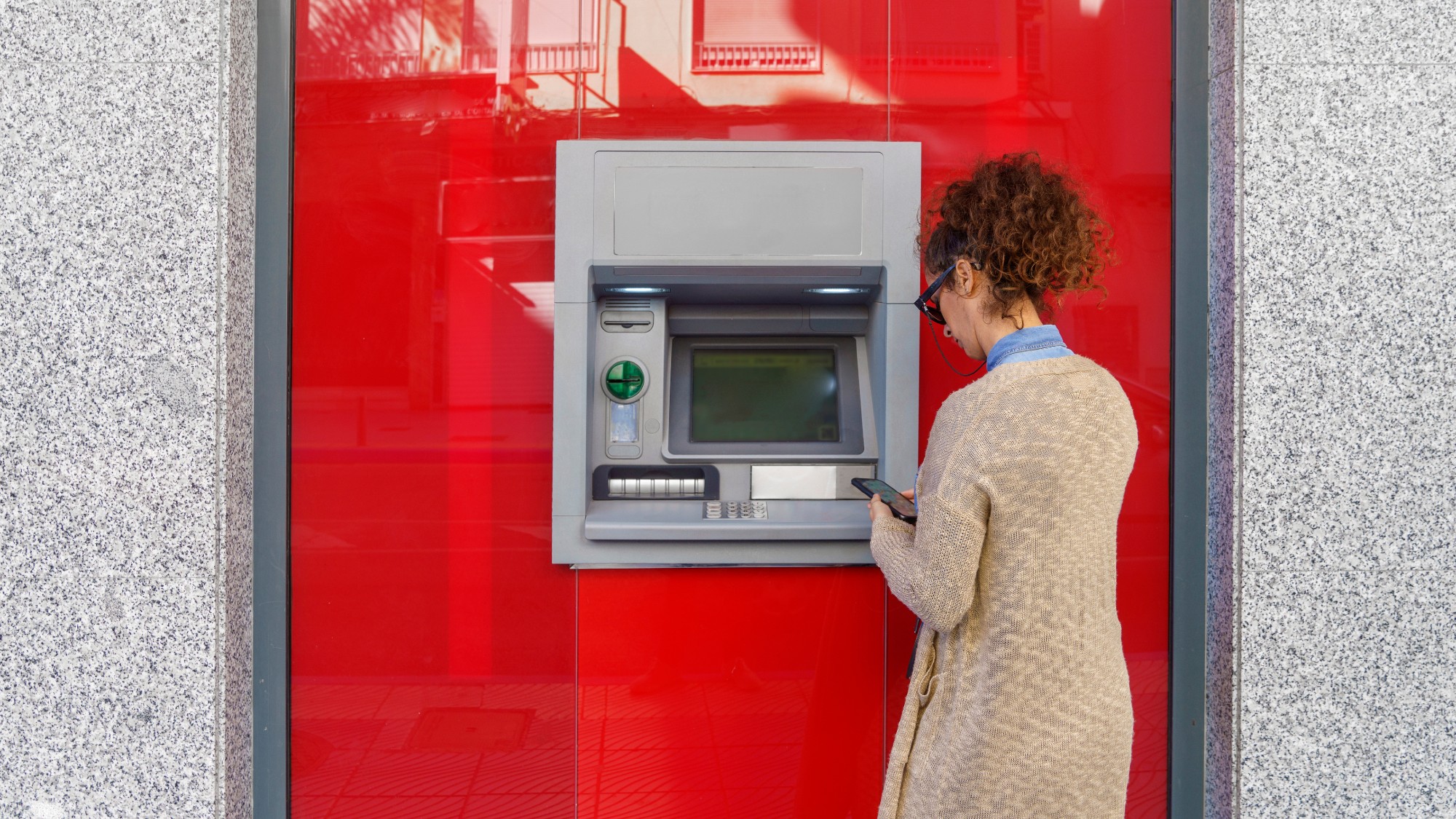 4 easy tips to avoid bank fees
4 easy tips to avoid bank feesThe Explainer A few dollars here and there might seem insignificant, but it all adds up
-
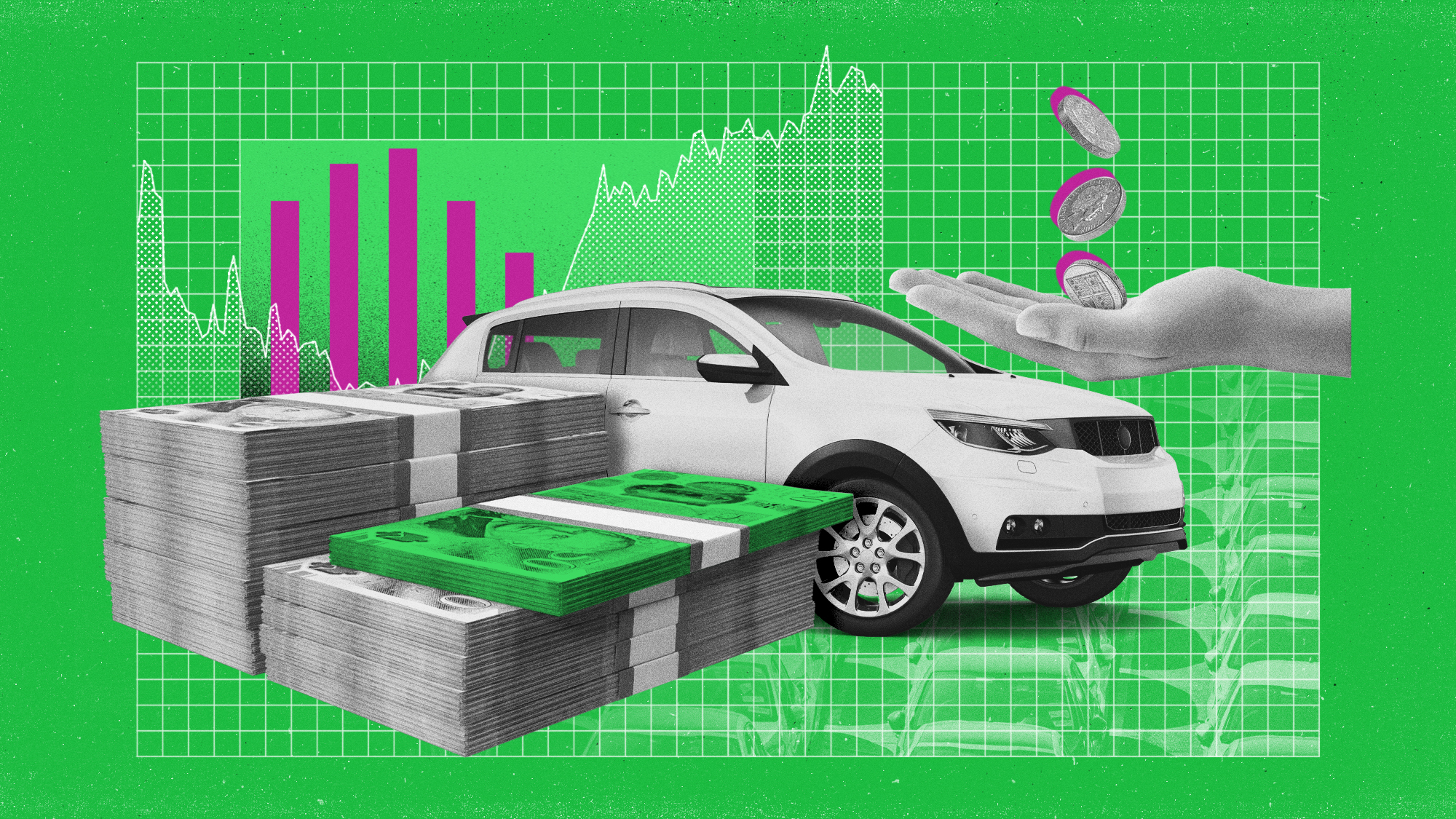 Mis-sold car finance: who will be entitled to compensation
Mis-sold car finance: who will be entitled to compensationThe Explainer City regulator to launch payout scheme after Supreme Court ruling spares motor industry's 'worst-case scenario'
-
 The pros and cons of online-only banks
The pros and cons of online-only banksthe explainer You can get your finances in order without getting off your couch
-
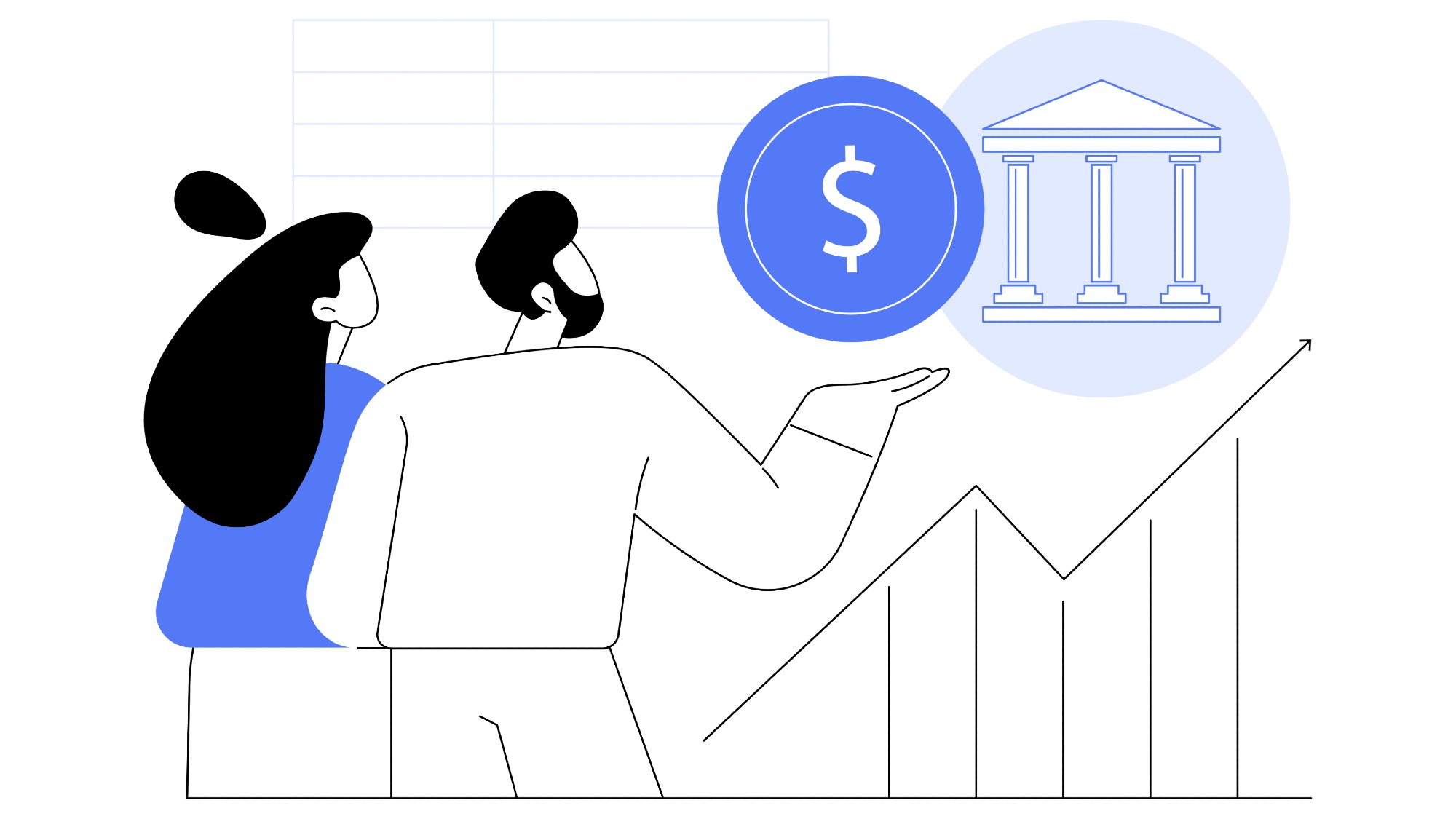 How to choose a high-yield savings account
How to choose a high-yield savings accountThe Explainer What to consider, from interest rates to fees to accessibility
-
 How new bank transfer scam protections could help you
How new bank transfer scam protections could help youThe Explainer Banks must now refund up to £85,000 of losses from authorised push payment fraud
-
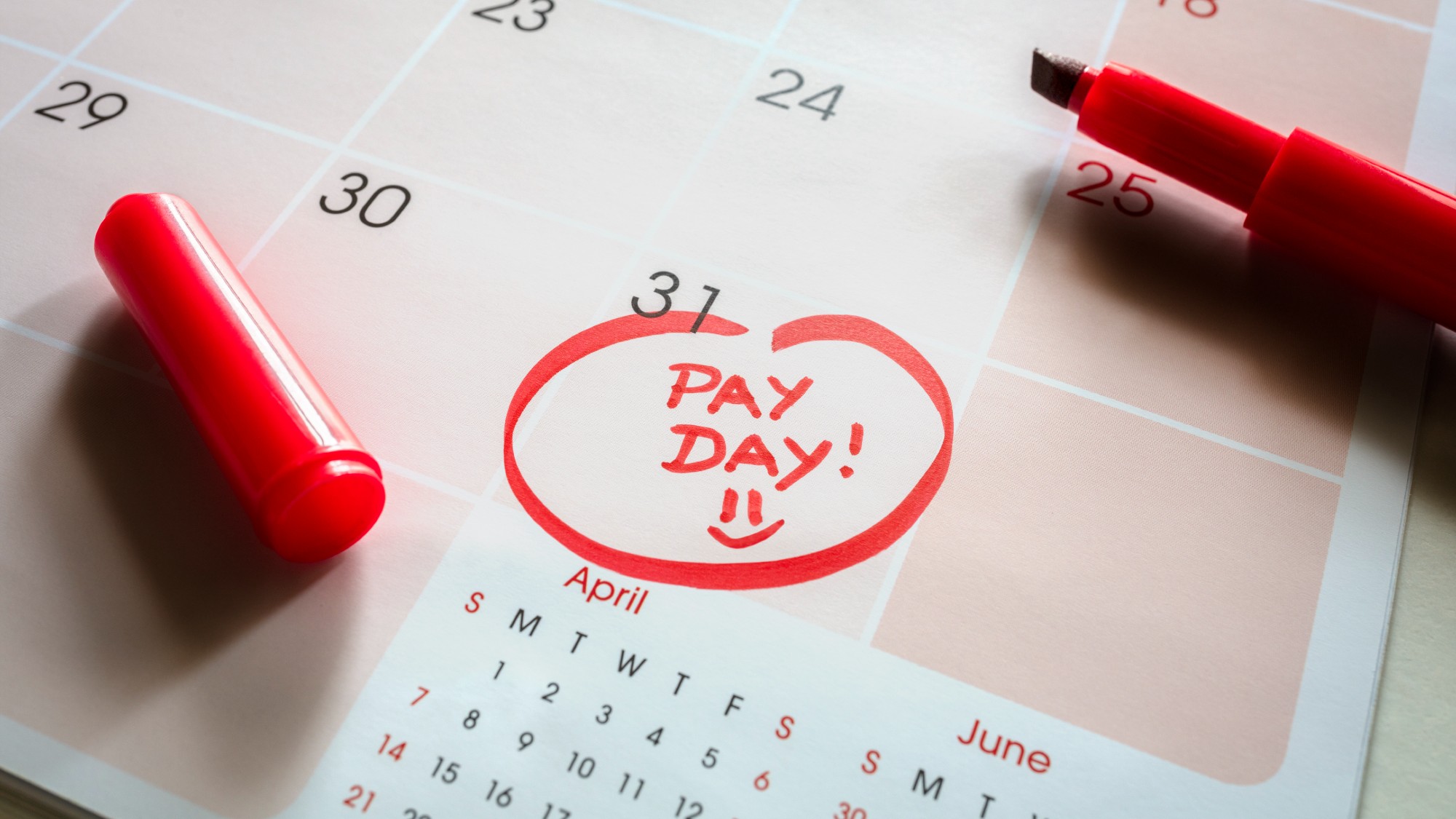 What is early direct deposit and how does it work?
What is early direct deposit and how does it work?The explainer Next time you are in a financial pinch, this option can get you early access to your paycheck
-
 How can students and young people start building credit?
How can students and young people start building credit?the explainer Young adults usually don't have a credit score — but there are several ways they can begin to build credit in preparation for their financial future
-
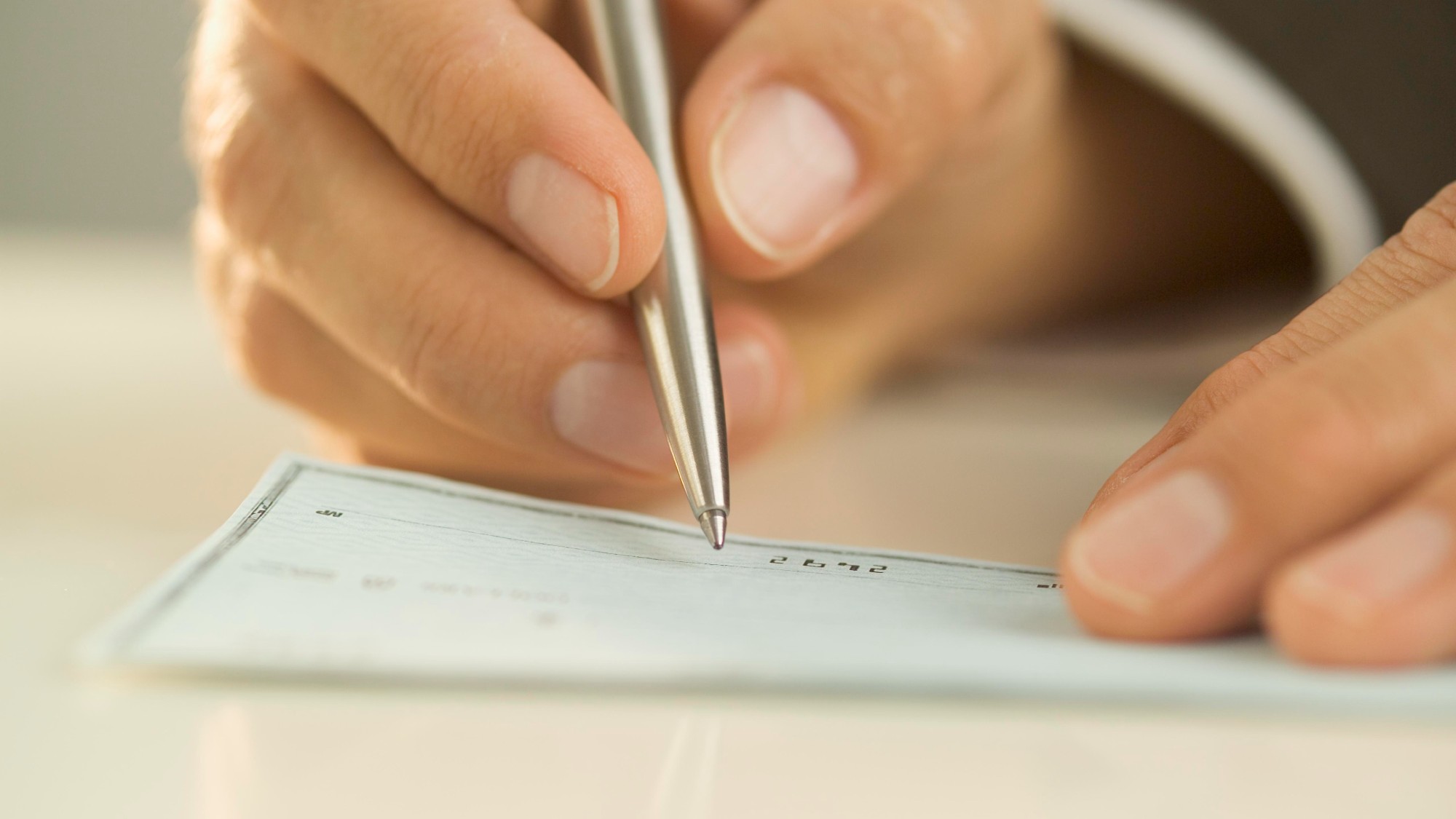 The personal check is on the way out. Here's what to use instead.
The personal check is on the way out. Here's what to use instead.The Explainer A growing list of retailers, including Target and Whole Foods, no longer accept personal checks as payment